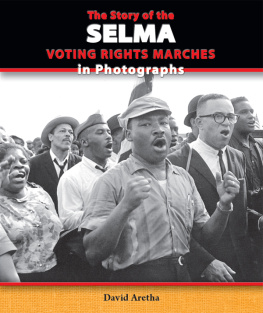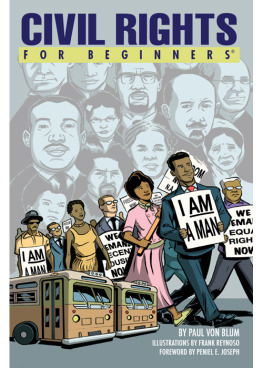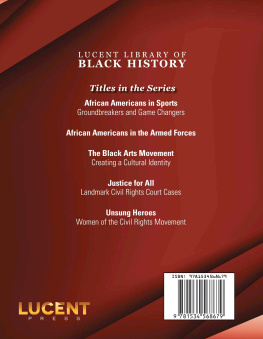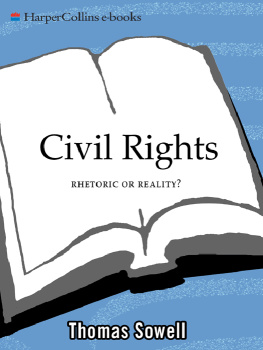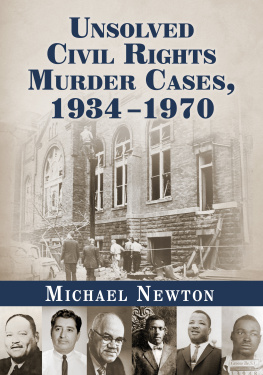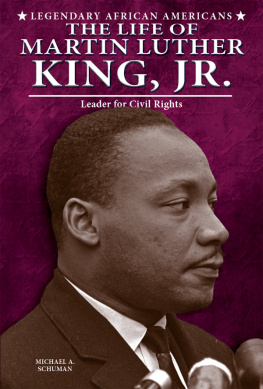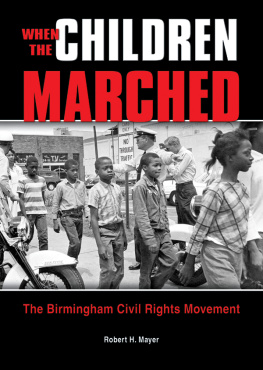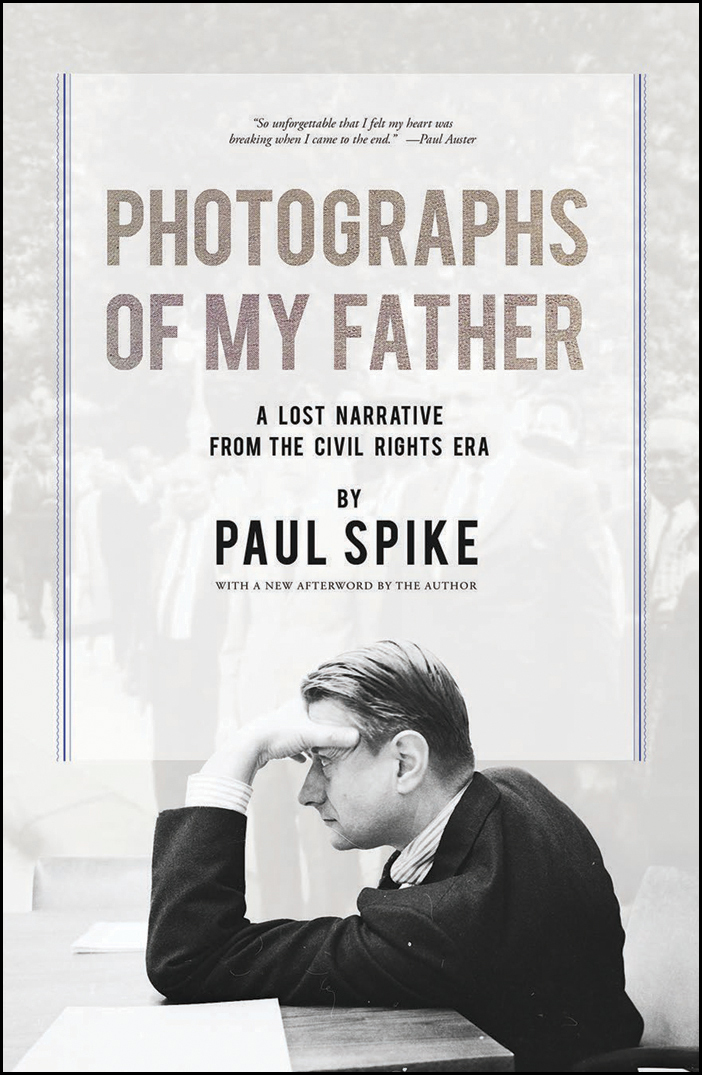


I WAS THERE . I was the eighteen-year-old boy described in this book as the person who wrote poetry and studied French. Eight years after my freshman year at Columbia, when I was living in France and still writing poetry, I read Paul Spikes Photographs of My Father and felt that my old college friend had written the book of our generation. A dead-on portrait of who we were at that early moment in our lives when American madness was everywhere around us and in us.
Reading this book again forty-two years later, I am even more impressed than I was the first time. The account of the murder of Spikes heroic father is unforgettable.
Because that unsolved crime haunts every page of the book, Photographs of My Father becomes far more than the story of one struggling boy in the 1960s. It rises up into the heart of 1960s madness itself. The way Paul Spikes narrative sings and howls and spins around in a fury of raw emotion is likewise unforgettable. So unforgettable that I felt my heart was breaking when I came to the end.
PAUL AUSTER

Photographs of My Father: A Lost Narrative from the Civil Rights Era.
Copyright 2016 by Paul Spike. All rights reserved. No part of this book may be used or reproduced in any manner whatsoever without written consent from the publisher, except for brief quotations for reviews. For further information, write Cinco Puntos Press, 701 Texas Avenue, El Paso, TX 79901; or call 1-915-838-1625.
FIRST EDITION
10 9 8 7 6 5 4 3 2 1
Library of Congress Cataloging-in-Publication Data
Names: Spike, Paul, 1947
Title: Photographs of my father: a lost narrative from the civil rights era / by Paul Spike.
Description: El Paso, Texas: Cinco Puntos Press, 2016. | Originally published: New York: Knopf, 1973.
Identifiers: LCCN 201503446` | ISBN 978-1-9410-2624-3
Subjects: LCSH: Spike, Robert W. (Robert Warren)Death and burial. | Civil rights workersUnited StatesBiography. | Men, WhiteUnited StatesBiography. | ClergyUnited StatesBiography. | National Council of the Churches of Christ in the United States of AmericaBiography. | MurderOhioColumbusHistory20th century. | Spike, Paul, 1947Childhood and youth. | Fathers and sonsUnited StatesBiography. | Young menUnited StatesBiography. | RadicalsUnited StatesBiography. | BISAC: HISTORY / United States / 20th Century. | BIOGRAPHY & AUTOBIOGRAPHY / Personal Memoirs.
Classification: LCC E185.98.S74 S738 2016 | DDC 323.092/2dc23
LC record available at http://lccn.loc.gov/2015034467

Photographs in this book are courtesy of Ken Thompson, The Religious News Service, Wide World Photos and Richard Howard.
Authors photo by Sarah Porter.

This edition is dedicated to Matthew, Emma and Samuel.

Table of Contents
Guide
Contents

Here is a photograph of my father. Handsome and skinny, twenty-three years old, he is holding me in his arms.
Try to grow up when everything is starting to fall down. A difficult thing to try.
But some things are easy. The arithmetic of father and son: addition, subtraction, addition. I was born. My father was murdered. I grew up.
A biography should be written about my fathers life. That is not this book. I could never hope to give an objective picture of Rev. Dr. Robert W. Spike. Even his full title is difficult for me to put on paper. This book is a collection of pictures, family pictures, taken from years which stick in Americas back like daggers, developed in his blood, printed on my flesh.
I am on my way to college. It is 1965, hot August, and I arrive in America. I have graduated from high school three months ago and spent the summer bumming around Europe. Nervous, I walk through the windowless halls of U.S. Customs wearing sandals, jeans and long hair. Each persons name is looked up against the names in a large book. Perhaps they will find Spike and suddenly whisk me off behind these concrete walls. I havent done anything wrong, so of course Im safe. Im looking forward to the long taxi ride into the heart of the city, through the shambles of Queens to the Triborough Bridge which lifts you up above the lizards tongue of Manhattan, ablaze in fumes of soot. I dont trust these officials, my fellow Americans, in their gray shirts, polished chrome badges, stale coffee on their breaths, with their duties stamped right on the foggy plastic of their irises. I feel vulnerable in official territory.
Theres a long wait in line before a stall, similar to a check-out counter in a supermarket, where I will be checked into my country. A man with white hair and black-framed glasses opens my rucksack with a jerk and begins to poke around in my dirty clothes. I dont have anything to declare except a bottle of whiskey. I am dismissed, gather up my sack and step into the free zone.
Put your luggage on the cart and follow me, says a man in a muddled green sportcoat. He is heavy and blunt, a plainclothes cop. His partner pushes a metal shopping cart. Is this the A & P supermarket? No, I follow them along the wall to a blank door, inside to a blank office.
Personal inspection, kid. Empty everything in your pockets on the Oh, yeah. Did you maybe forget to declare anything just now?
No. Did I forget? My mind races.
Okay. Empty your pockets on the desk. I pull out keys, change, a wallet stuffed with scraps of paper, an address book, some antibiotics for a fever I had during my last ten days in Spain. The silent partner begins to make a list. This is just like prison movies. Will they hand me a striped uniform and take me away? The talking cop picks up the pills and gives them a shake. Whats this?
Medicine. I got those in Spain. Antibiotics.
You ill, kid?
I had a bad fever for a couple of days. Went to a doctor. He gave me these.
So what kind of antibiotics are they?
Chloromycetin.
Jesus Christ! Thats the strongest antibiotics you can get. Chloromycetin!
Well, my parents were there. My father actually went to the drugstore and bought them. So
The cop shakes his head. Do you know what I would do if a doctor ever gave these pills to my kid? Punch him right in his mouth! Punch his mouth! Your father ought to know these are the strongest antibiotics you can get.
I was really sick.
Boy, so was this doctor. He laughs. His partner smiles and finishes the list. I am in a zone between jet and taxi. I have landed, but on a different planet. The planet of official territory. These beings speak English out of manufactured gadgets stuck down inside their synthetic throats. They are the U.S. Customs.


